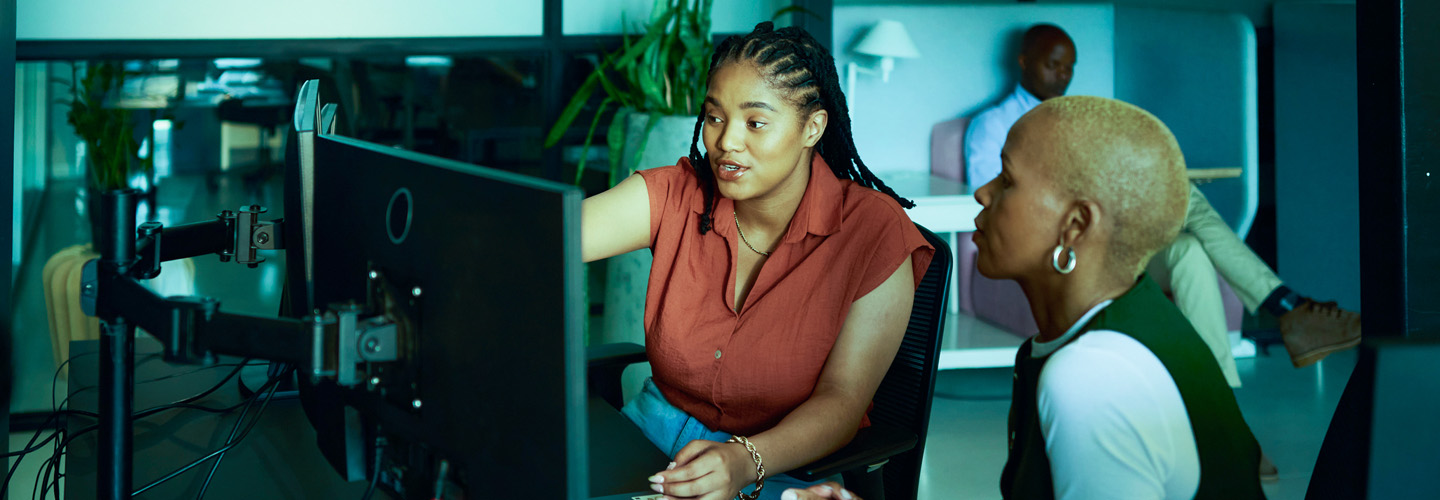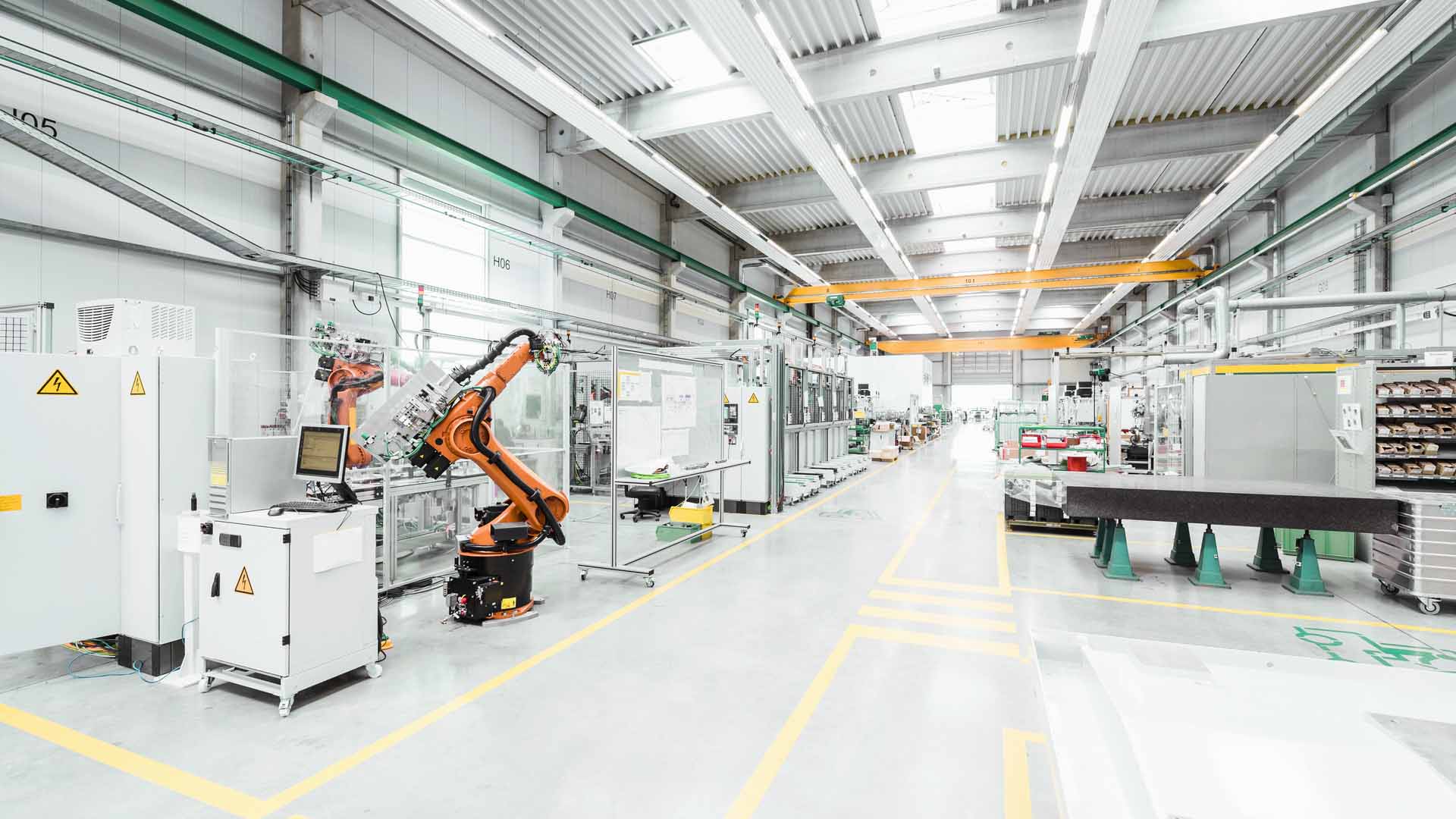South African people – and businesses – are facing a drought crisis. Water is one of our most precious resources, yet it is subject to waste and overuse constantly – especially in commercial and industrial environments. Problems with infrastructure and the supply of clean, safe water are now a reality for many residential and business users throughout SA.
If you’re a business owner, you would’ve already experienced rising water bills in your operations. Alongside the need to control costs is the need to use water more sustainably – an area in which Nedbank is a market leader.
How do you save costs, use water in your business more effectively, and meet sustainability goals?
Understanding SDG 6: Clean water and sanitation
The United Nations’ Sustainable Development Goals (SDGs) are the benchmark for businesses looking to remain profitable without harming the environment. SDG 6 covers water and sanitation. Some of the key aims include:
- To achieve universal, equitable access to safe, affordable drinking water for all by 2030.
- To improve water quality by reducing pollution, eliminating dumping, and minimising the release of hazardous chemicals and materials, cutting in half the proportion of untreated wastewater, and substantially increasing recycling and safe reuse globally.
- To expand international cooperation and capacity-building support to developing countries in activities and programmes related to water and sanitation – including water harvesting, desalination, water efficiency, wastewater treatment, recycling, and reuse technologies.
- To support and strengthen the participation of local communities in improving water and sanitation management.
Opportunities for water efficiency in industry
To deliver sustainable water to our communities and businesses efficiently, we need to manage water resources differently. Typically, urban water management follows a linear model: We take water from the natural environment, use it, then return treated water to natural catchment areas. Increasingly, we need a different model, designed to restore and add to water resources, rather than just maintaining them.
These measures also make business sense to your bottom line, both immediately and in the long run
The latest research favours regenerative water management in a closed loop system that uses water in more ways. Water reuse, rainwater harvesting, and water recycling all help reduce freshwater intake, making efficient, sustainable water use more cost-effective.
Driving sustainable water use
Focus your sustainable water efforts on your business premises and staff. Consider the following steps:
- Conduct a water audit
Assess your current business usage and identify high-use areas. Monitor water use on an ongoing basis.
- Upgrade to water-efficient fixtures
Leaks or even a dripping tap can waste thousands of litres. Prioritise identifying and fixing leaks and upgrading to new technology like leak detection sensors. Water-efficient fixtures like low-flow taps and aerators also use water more frugally – as do better dishwashers and laundry equipment.
- Educate employees
Create awareness and educate your staff about water conservation and your water-saving initiatives. Training sessions and awareness campaigns can really help your business save water.
- Recycle water
Recycled or grey water, treated to proper hygiene standards and generally not used for drinking, is an excellent way to save water and costs. Grey water can be used for landscaping, toilet flushing, or industrial processes, among other things.
- Explore new technologies
Innovation plays a crucial role in water conservation. Explore and adopt advanced technologies that contribute to water efficiency, like:
- Sensor-based irrigation systems that adjust watering schedules according to real-time weather data and soil moisture levels, optimising water use.
- Smart water meters that provide detailed insights into consumption patterns and help identify areas for improvement.
- Rainwater harvesting systems that supplement water supply, especially in drought-prone areas.
- Closed-loop cooling systems to reduce water loss in cooling operations.
- Sensor-based irrigation systems that adjust watering schedules according to real-time weather data and soil moisture levels, optimising water use.
Benefits of sustainable water use in your business
A more sustainable approach to water use in your business does more than help support global environmental sustainability – these measures also make business sense to your bottom line, both immediately and in the long run.
Reduced water consumption lowers your water bill – and also reduces operational risk by enabling your business to keep running during water supply interruptions. If you’re using new water technologies for manufacturing processes, like closed-loop recycling systems and smart metering, your improved water efficiency gives your business a competitive advantage.
Ultimately, sustainable water management principles can help your business meet environmental regulation and targets, while mitigating the risks of climate change and resource scarcity. A commitment to fighting water scarcity and waste reflects well on your brand reputation and tells customers, investors, and stakeholders that your business values environmental responsibility.
Cut your water costs and reduce operational risks today. Speak to Nedbank’s sustainability experts to find sustainable, profitable water management solutions for your business.








